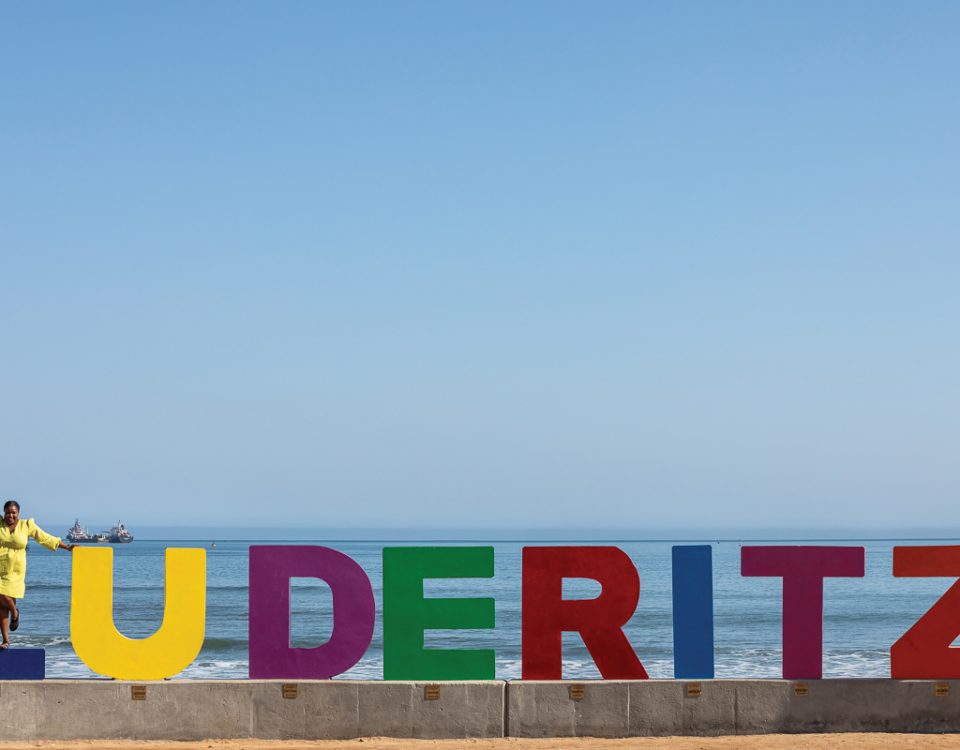TOSCO | Tourism Supporting Conservation
April 30, 2015The Meat Man At Moon Mountain
May 2, 2015Information provided by Namibia Scientific Society
Tuesday, 5th May at 19:00:
English presentation and book launch by Henning Melber
Namibia@25 – An Exploratory Conversation
Celebrating 25 years of Independence, Namibians can look back on a track record with mixed results. Widely considered as a positive example of post-colonial good governance, the country’s socio-economic structures and mind sets still clearly bear the traces of the past. A critical appraisal of the achievements as well as shortcomings much depends on the emphasis and perspective in the eyes of the beholder.
He presents some of the aspects the volumes engage with. This is followed by comments and a discussion with the author. The books will be available for sale. Questions / contributions from the floor can be in German.
Wednesday, 6th May at 19h00:
In cooperation with NEWS: English presentation by Niki Rust (Durrell Institute of Conservation and Ecology, University of Kent, Canterbury)
Human-wildlife conflict with large carnivores on commercial farms in Namibia
Human-wildlife conflict threatens the livelihoods of farmers and the lives of carnivores in Namibia. There have been many ways suggested to deal with this problem and yet recently there are more instances of conflict now than in the last few generations. For my PhD research, I spent nearly a year living on a livestock farm close to Osire, where I wanted to learn about why this problem still persists and what can be done to improve the situation. After interviewing over 130 farmers, farm workers, conservationists and government officials and spending countless hours working on farms with livestock, I began to realise that the problem is not quite as simple as carnivores eating livestock and farmers then killing carnivores. Indeed, much of this stemmed from the management of the farm, which was related to insufficient expertise of husbandry on behalf of the workers, and inadequate human resource management training on behalf of the farmers. After conducting a questionnaire with all stakeholders involved in the conflict to find out what their most preferred methods of conflict mitigation were, respondents agreed that the two most important things to focus on are improving husbandry training for workers and education of carnivore ecology for farmers. From analysing newspaper articles on how human-wildlife conflict is portrayed, many citizens believe in the power of compensation and other financial incentives in theory, but in practice this is hard to govern. Future recommendations to mitigate conflict between carnivores and people include: 1) training and empowering farm workers to conduct their work to the most optimum level, 2) advising farmers on relevant human resource management skills, 3) relying less on simple financial incentives to coerce people to tolerate predators, 4) relying more on addressing the underlying drivers of conflict and 5) appreciating the complexity of this wicked problem.
All events are open for public – everyone welcome! Venue is Namibia Scientific Society, Robert Mugabe Ave 110, opposite National Theatre. Safe parking in yard – Love street entrance.
Please note: The opinions expressed during any presentations, films or events are not necessarily in accord with ours.



